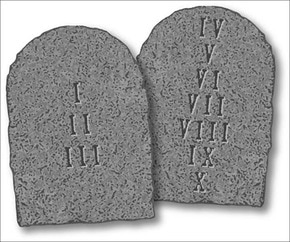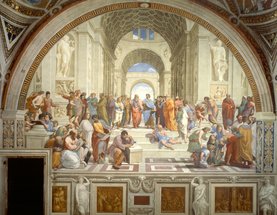|
0 Comments
A poignant scene in The Chronicles of Riddick (one of the most awesomest films ever) has to do with the forced conversion of the people on Helion Prime. This is the scene (an extended scene with footage not seen in the film). "We all began as something else." The Purifier says. Those words always stuck with me because it sounds like this is the human story of religion and culture. We all began as something else. So, is the statement an argument in favor of conservatism or progressivism? Should we fight to conserve and thus resist the command to shed the past so easily, or should we be willing to accept that our anchor is in the future and what we were is not what we are destined to be?
I love the fact that the Purifier answers this later in the film. Here's my blog on his atonement. I'm excited to announce that the first two books in the Children of Clay series are now available on pre-order wherever ebooks are sold |
AuthorOno Ekeh Archives
June 2020
Categories
All
|





 RSS Feed
RSS Feed

